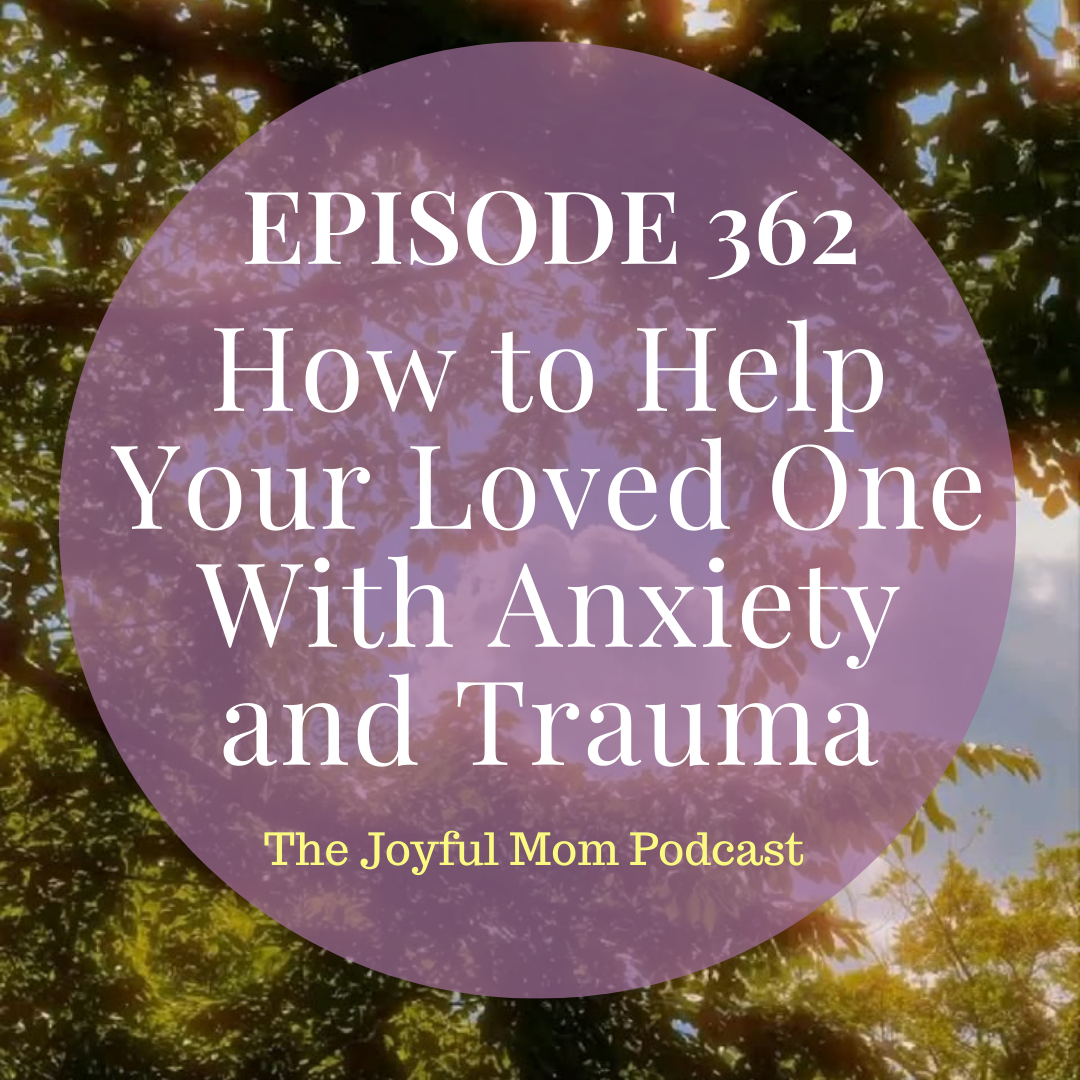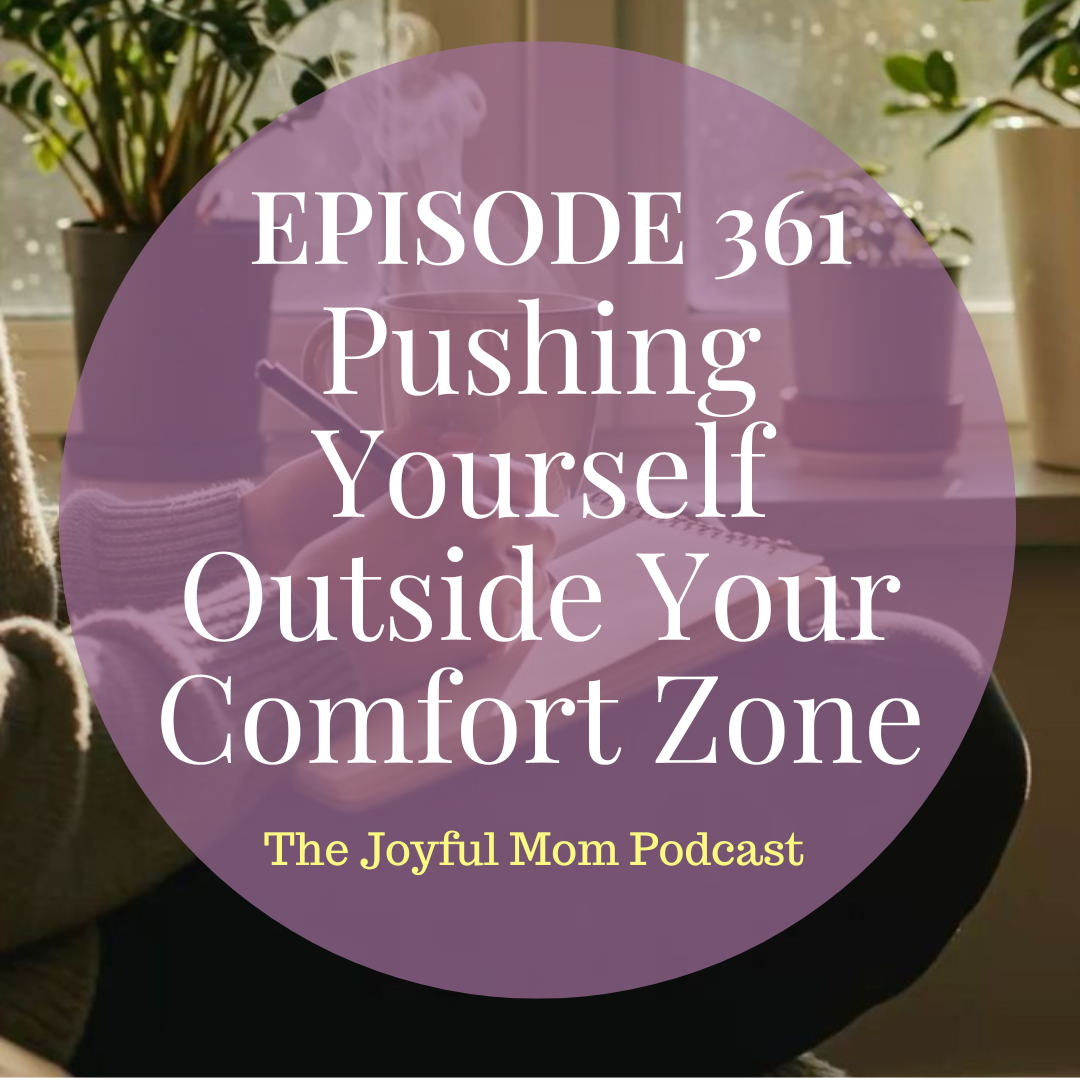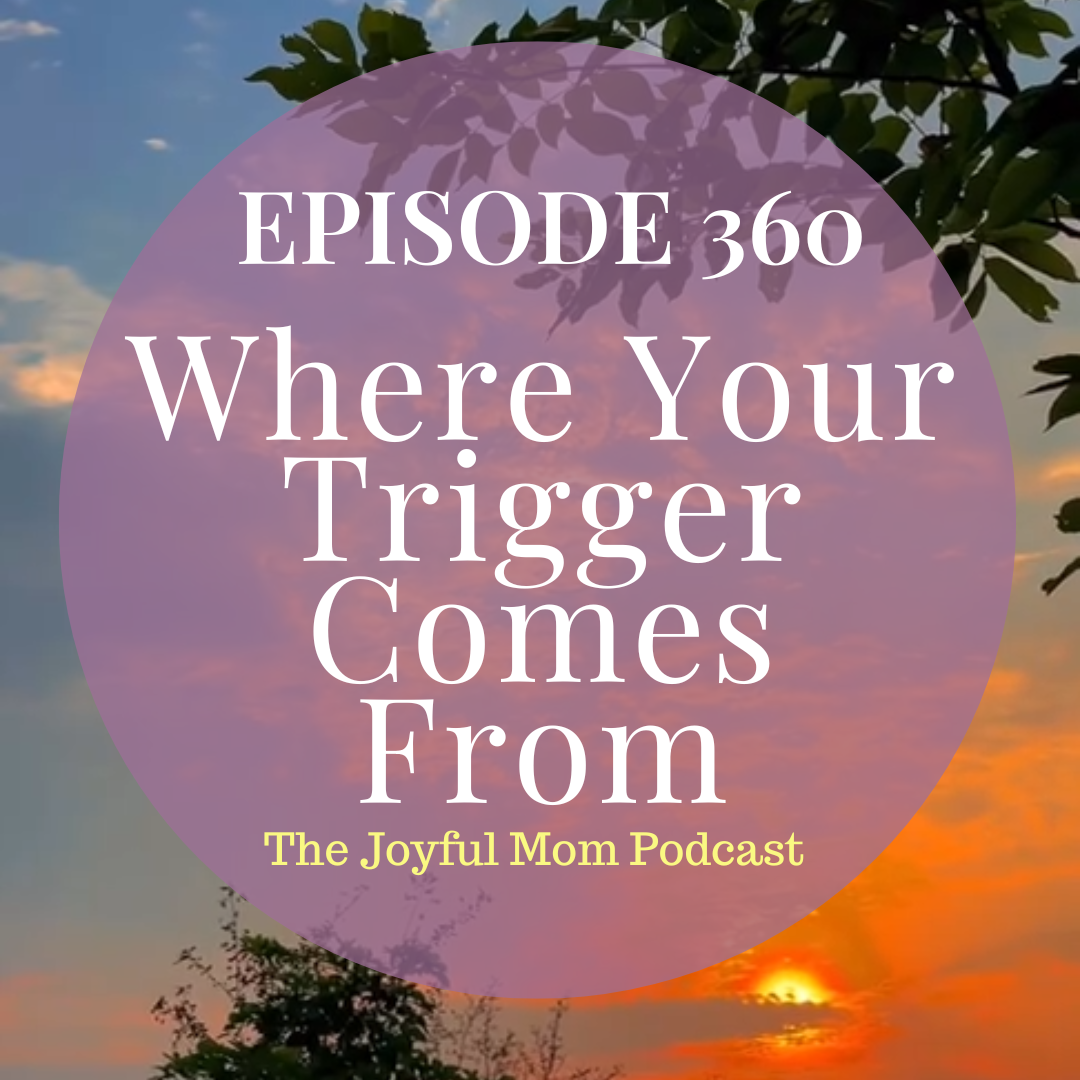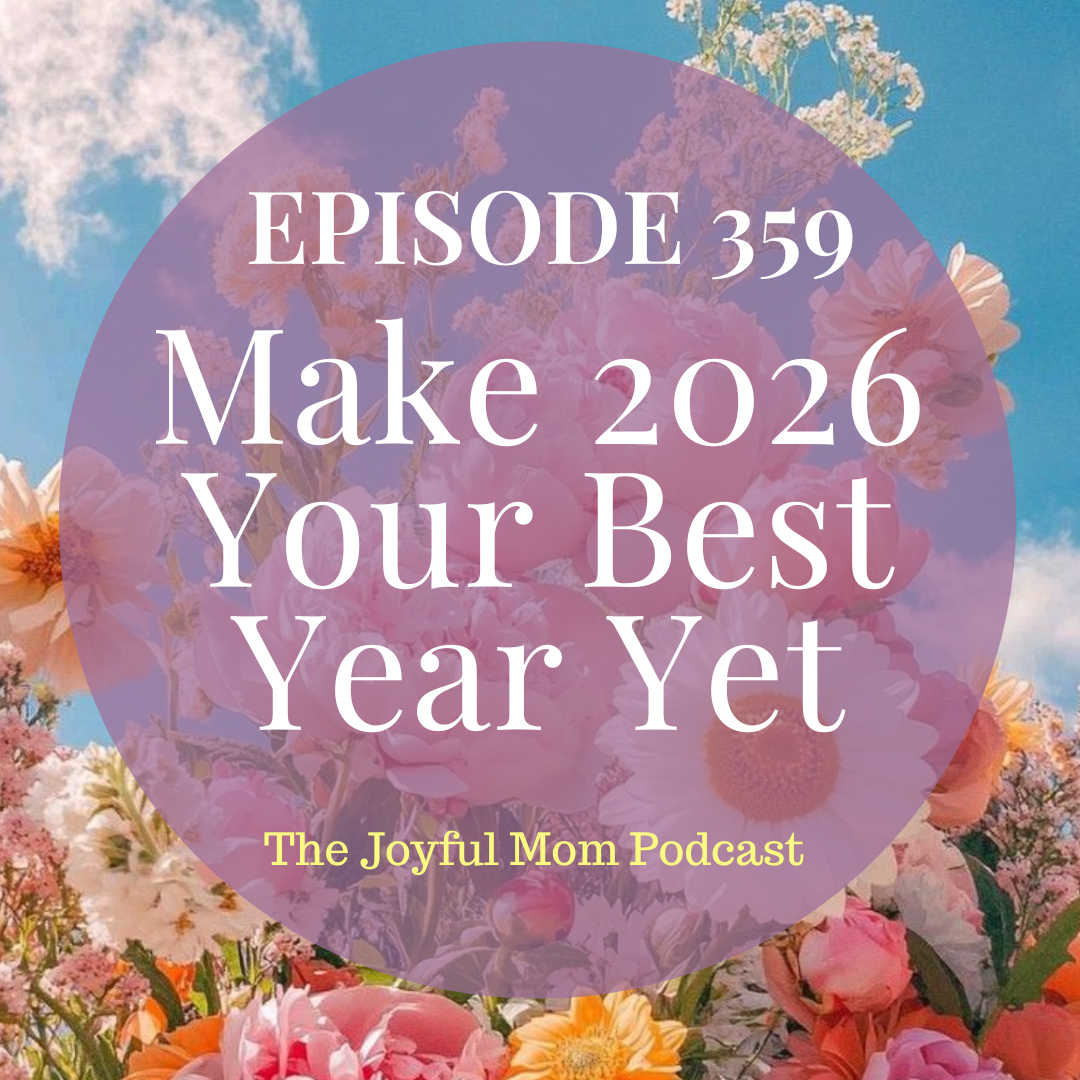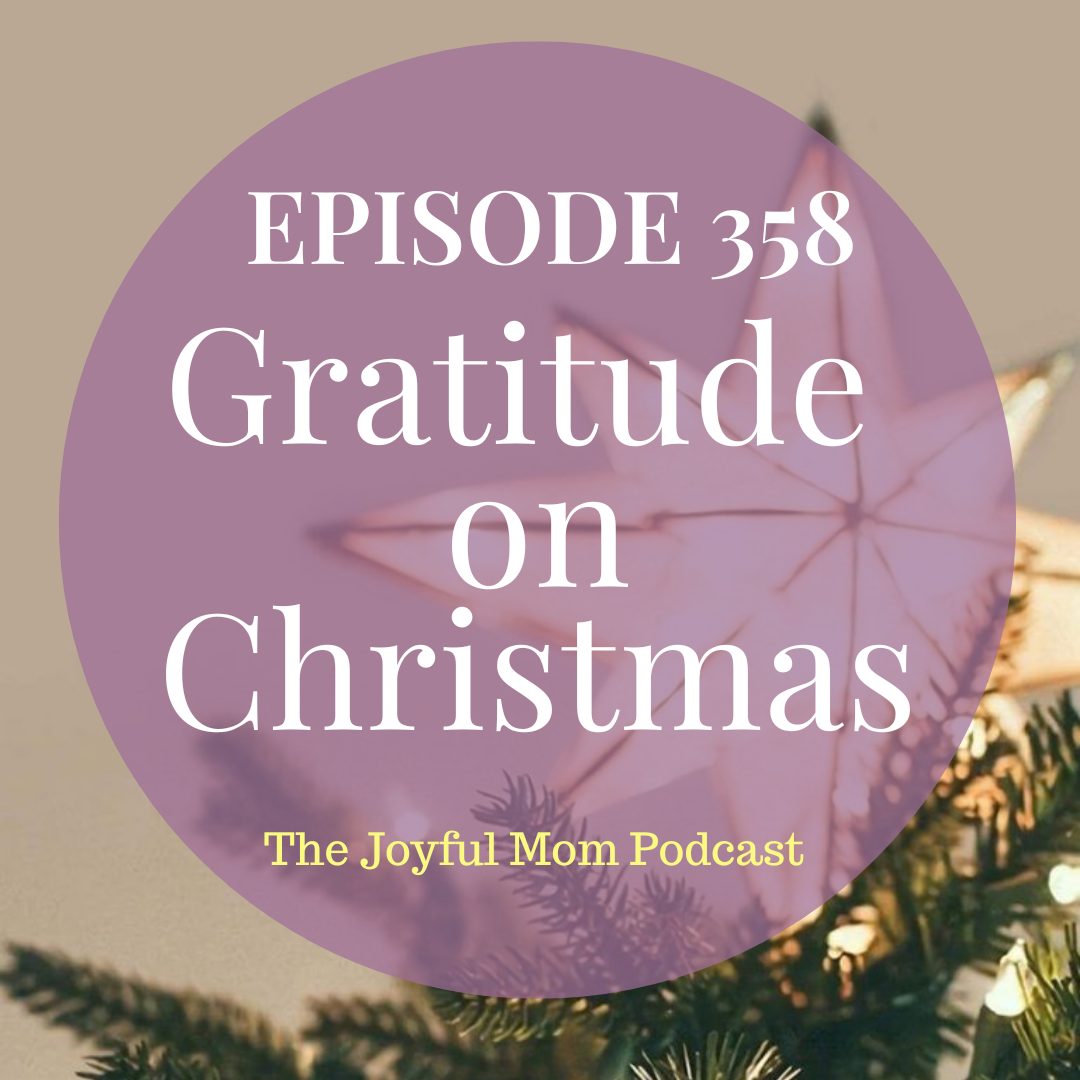Episode Pointers:
In grief, we often focus on its negative side. We think that life has to be suffering, life awful and horrible for the rest of our lives. It’s also easy to think that people are rude, mean, and they don’t care.
It’s easy for us to focus and give our energy to the people who are not helping us rather than those people who have helped, support, and comfort us in our grief journey.
Here’s the thing about focus. The more you focus on something, the more you find more of it.
If you can find reasons to focus on to be grateful for the people who have shown up to help and for the things in your life that you still have, you can find gratitude and you can focus on the help you’ve got.
This is not about toxic positivity or ignoring hard things, it’s about where is your focus? What are you noticing? Do you have a habit of noticing all the problems and how you are inadequate or not doing good enough?
This is how our brain works. It’s the way our brains filter through things that seem irrelevant or unimportant so we don’t notice them until we shift our focus on that.
Take notice of how far you’ve come. Sometimes, it’s so helpful to look back and notice how far you’ve come. How much you’ve changed, and how much strength you’ve gained, when you have gone through something that you thought you wouldn’t be able to survive.
It’s extremely helpful to notice and take a little time to focus on how I have gotten through, how I have been able to survive, instead of focusing on how I was messing up, how I wasn’t grieving correctly, and how I could be doing better.
Take a moment and find the good in your life friend. What you focus on expands- remember that. You focus on the problems, all you will find are problems. You focus on the good things happening, you will begin to see more of that.
If you want more tools to help you, I have a workshop called Stop Talking Start Feeling, it’s a workshop that dives into emotions, what they are, and how you can begin to feel and process them and get them out of your body instead of stuffing them down. It also goes specifically into processing and releasing the emotions of guilt and sadness. You can get access to this workshop and all the extra things I have in there for only $27. Go to www.meganhillukka.com/workshop to check it out.
If you are a grieving mother and looking for others who know the pain of child loss, come join my free Grieving Moms Community Facebook group: www.meganhillukka.com/community

